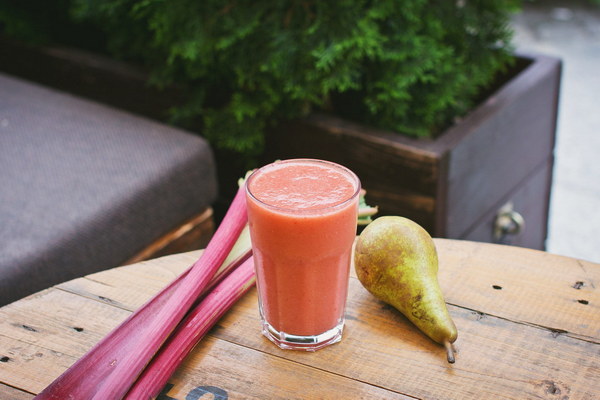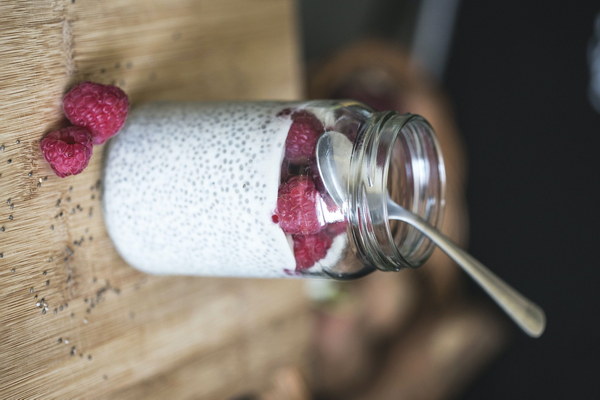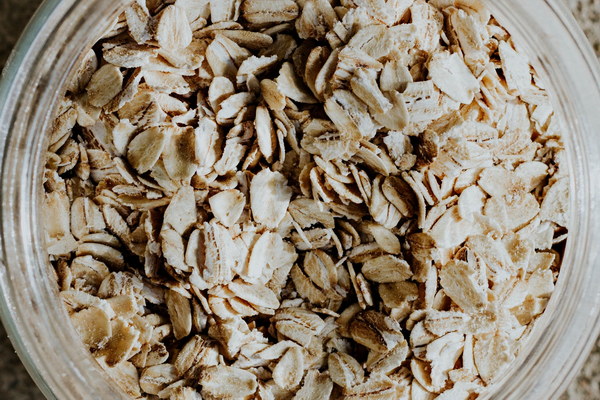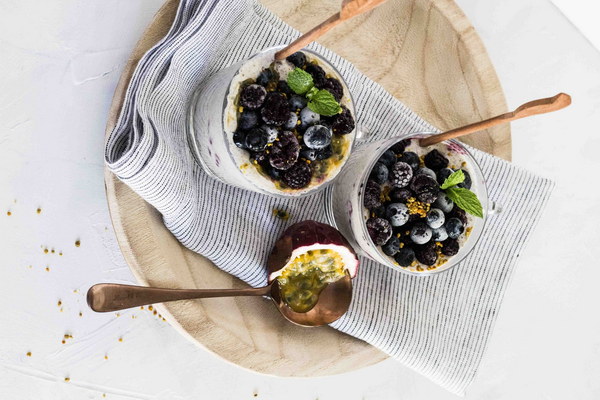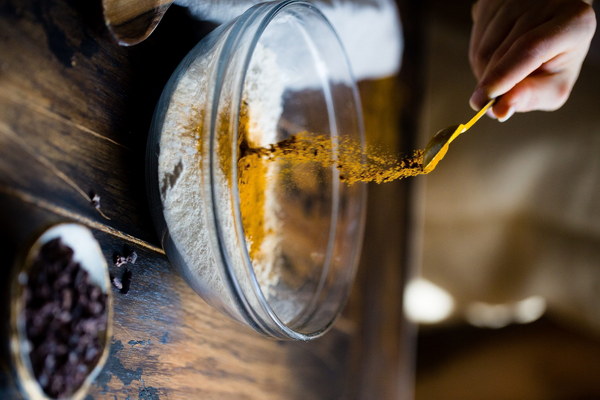Revolutionizing Stroke Recovery The Role of Nutrition in Healing
Introduction:
Stroke, a leading cause of disability and mortality worldwide, has sparked a renewed interest in holistic approaches to recovery, including dietary interventions. This article explores the significance of nutrition in stroke recovery, highlighting key dietary strategies that can enhance healing and improve the quality of life for survivors.
1. Importance of Nutrition in Stroke Recovery

Nutrition plays a crucial role in stroke recovery, as it provides the necessary nutrients and energy to support the healing process. A well-balanced diet can help reduce inflammation, improve cognitive function, and enhance overall well-being.
2. Key Nutrients for Stroke Recovery
a. Omega-3 Fatty Acids: Found in fish, nuts, and seeds, omega-3 fatty acids have been shown to reduce inflammation, improve brain function, and lower the risk of future strokes. Foods rich in omega-3s include salmon, mackerel, walnuts, and flaxseeds.
b. Antioxidants: Antioxidants, such as vitamins C and E, help combat oxidative stress and protect cells from damage. Sources of antioxidants include berries, dark chocolate, and leafy greens.
c. Fiber: A high-fiber diet can aid in digestion, reduce cholesterol levels, and control blood sugar levels. Good sources of fiber include whole grains, legumes, fruits, and vegetables.
d. B vitamins: B vitamins, particularly folic acid, play a vital role in brain health and can help reduce homocysteine levels, a risk factor for stroke. Foods rich in B vitamins include leafy greens, lentils, and fortified cereals.
3. Dietary Strategies for Stroke Recovery
a. Heart-healthy diet: A diet rich in fruits, vegetables, whole grains, lean proteins, and healthy fats can lower the risk of future strokes and support overall recovery. Limiting processed foods, sugary drinks, and saturated fats is also important.
b. Hydration: Staying well-hydrated is crucial for recovery, as it helps maintain blood pressure, aids in digestion, and supports kidney function. Aim to drink at least 8 glasses of water per day.
c. Portion control: Managing portion sizes can help control calorie intake and maintain a healthy weight, reducing the risk of future strokes. Consult with a healthcare professional or a registered dietitian to determine appropriate portion sizes.
4. Foods to Avoid
a. Sodium: Excessive sodium can lead to high blood pressure, a risk factor for stroke. Limit sodium intake by avoiding processed and packaged foods, and using herbs and spices for flavor instead of salt.
b. Trans fats: Trans fats, found in fried and processed foods, can increase bad cholesterol levels and raise the risk of stroke. Choose foods prepared with healthier fats, such as olive oil or canola oil.
5. Collaboration with Healthcare Professionals
Working closely with healthcare professionals, including doctors, registered dietitians, and physical therapists, can ensure a comprehensive approach to stroke recovery. These professionals can provide personalized dietary recommendations and support to help survivors heal and thrive.
Conclusion:
Nutrition plays a crucial role in stroke recovery, offering a promising approach to enhance healing and improve the quality of life for survivors. By incorporating heart-healthy foods, managing portion sizes, and collaborating with healthcare professionals, individuals can optimize their recovery journey and reduce the risk of future strokes.

